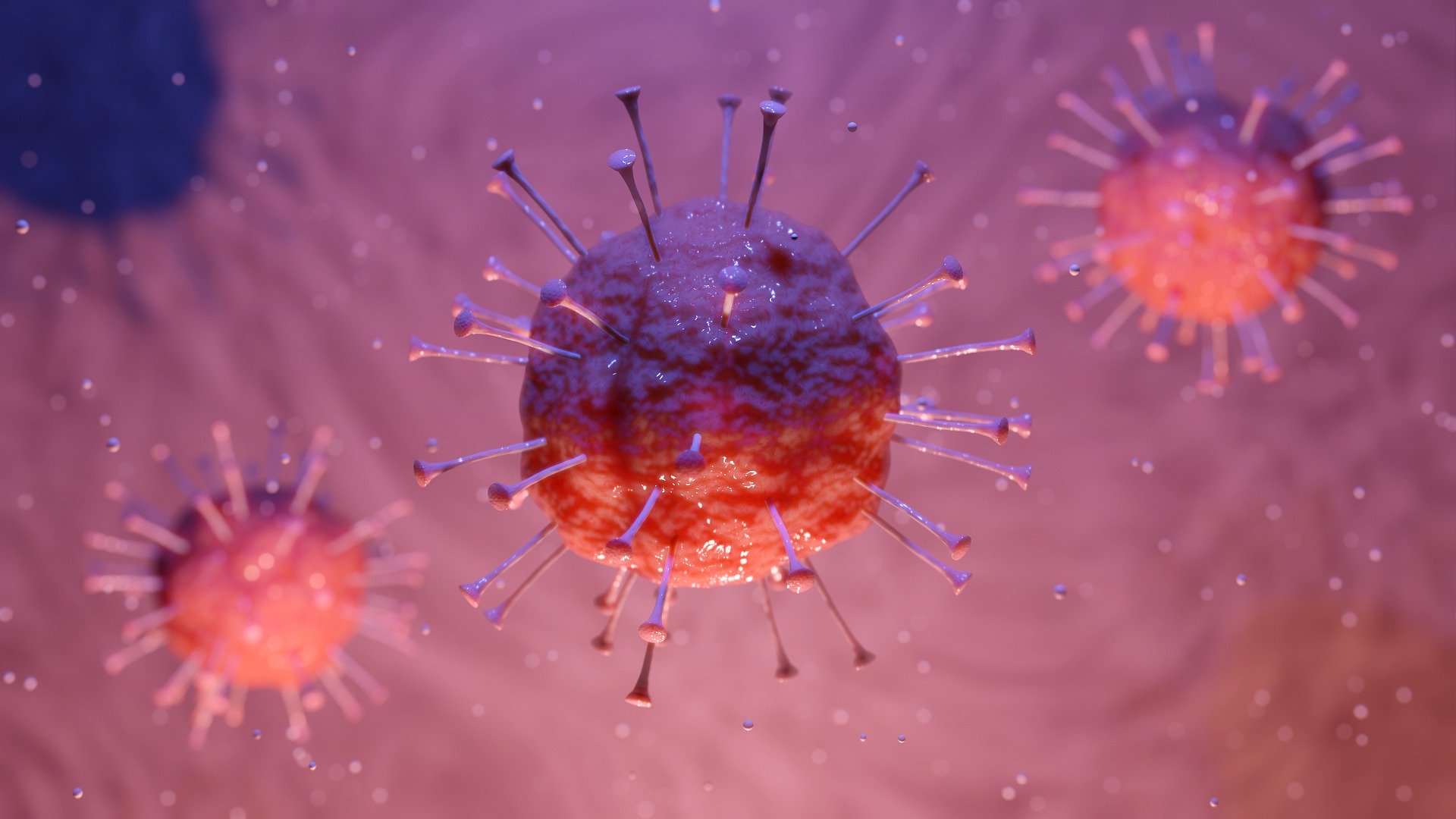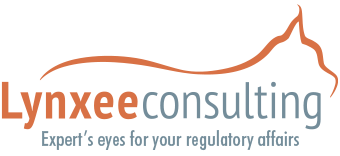
FRANCE – Public consultation: Extension of the ban of plant protection products in 2022
7 July 2020
FRANCE – ANSES: Covid-19 – Extension of temporary procedures for submitting dossiers
24 July 2020A national survey of pesticide substances in outdoor air (campagne nationale exploratoire des pesticides, CNEP) was jointly conducted by Anses, Ineris and the Network of Approved Air Quality Monitoring Associations (AASQA) from June 2018 to June 2019. The survey aimed at “obtaining a photograph” of the substances present in the ambient air. The 75 substances investigated are, as appropriate, part of plant protection products, biocide products, veterinary medicines and pest control medicines for human use. These substances had been prioritised by Anses based on their hazard characteristics and on criteria for their use, emission and persistence in air.
Anses has just published a first interpretation of the survey results. It is a first step towards a proposal in the coming months for a permanent national monitoring of pesticides in air.
Based on current knowledge, the results lead to the conclusion that there is not strong health issue associated to the exposure of the general population via outside air.
Among the 70 substances actually found in the outside air, Anses identifies 32 substances requiring further review for possible integration into a national pesticide monitoring plan in air: Deltamethrin, Diuron, Epoxiconazole, Etofenprox, Fenarimol, Iprodione, Lindane, Linuron, Metribuzin, Myclobutanil, Pentachlorophenol, Phosmet, Permethrin, 2,4-D, Boscalid, Chlorothalonil, Chlorpropham, Chlorpyriphos-ethyl, Cyprodinil, Fenpropidin, Fluazinam, Folpel, Glyphosate, Metazachlor, Oxadiazon, Pendimethalin, Propyzamide, Pyrimethanil, S-metolachlor, Spiroxamine, Tebuconazole, Triallate.
Among these 32 substances, 9 are banned (substances outlined above) and will be subject to an in-depth additional expert work by Anses very soon. Priority will be given to lindane, considered as one of the most hazardous substances (with carcinogenic, and/or reprotoxic and/or proven endocrine disrupting effects), and quantified in nearly 80% of analysed samples, even though this substance has been banned in France for many years.
As regards the other priority substances, that are currently authorised, complementary expert work will soon be undertaken.
To download:
– Press release of 2 July 2020 (In French)
– AST Report from Anses as regards the first interpretation of the national pesticides survey results (CNEP) in ambient air (In French)
– Report on data exploitation (INERIS) (In French)
Lynxee consulting’s team is at your disposal to answer your questions.
Contact us! https://lynxee.consulting/en/contact/
Crédit photo : Magdalenalena/pixabay


